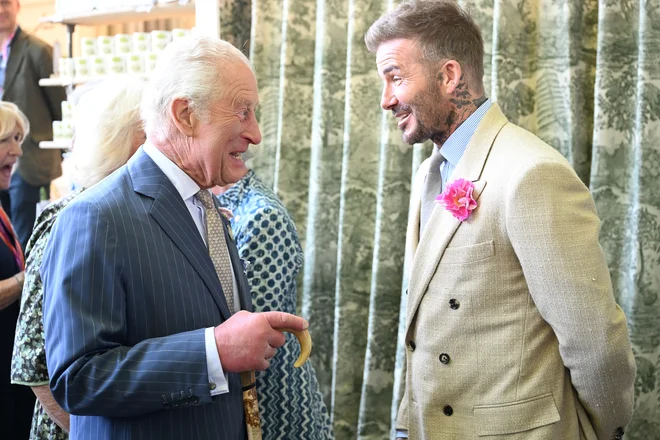Kremlin’s profits of fertilizers are a blind spot in EU sanctions

Negotiations between the US and Russia for more security in the Black Sea shipping ended on Tuesday with the Kremlin condition before that sanctions against Russian agricultural products are removed, to return to SWIFT Agricultural Bank and « Other Financial Institutions » and help Russian exports of fertilizers. Moscow says fertilizer exports are important to the world’s food security. But there is another reason explained in a comment on Reuters even before meetings in Saudi Arabia.
EU efforts to limit Russia’s ability to wage war will probably continue to intensify despite the news about the potential termination of fire with Ukraine, as the EU must now take more responsibility for its own security given the gap in the Transatlantic Union. Yet the block continues to neglect one of the critically important Kremlin’s revenue channels – fertilizers.
Russian EU fertilizer exports increased by over 33% in 2024 alone, reaching 6.2 million tonnes worth over EUR 2.2 billion. This trade, exempt from sanctions, brings about € 550 million in tax revenue for the Russian state. Poland, clearly the largest buyer of Russian fertilizers, noted more than a double increase in purchases in 2024.
The European Commission proposed criminal duties on fertilizers from Russia and Belarus
The war in Ukraine has violated the world’s energy markets, which significantly reduced the domestic production of fertilizers in the EU. The price of natural gas, the main constituent for the production of fertilizers, jumped to record high levels after the start of the conflict and at some point approximately 70% of the production capacity for ammonia in Europe was either suspended or interrupted. Russian manufacturers have successfully benefited from this shortage of supply to expand their sales to the most vulnerable markets.
While the EU reduced the Russian imports of natural gas by 40% of the total in 2021 to about 10% after stopping the transit of Ukrainian gas at the end of 2024, Russia took advantage of its huge excess in gas production to successfully replace fertilizer sales part of the gas export revenue.

This increase in sales of Russian fertilizers is not limited to Europe. Globally, Russian companies have benefited from the instability of prices after the invasion, offering fertilizers with large discounts – over 20%, allowing them to occupy a larger market share.
| It is most obvious in Latin America, where exports of agricultural products is a major economic engine. Brazil has become the largest market in the world for Russian fertilizers, representing 25% of Moscow’s global sales (about $ 4 billion a year). |
Russia’s strategy for fertilizers seems to repeat its long -term use of natural gas exports: it uses the dependence on supply to provide strategic influence. Including the world food chains, Moscow has won new geopolitical levers, especially in regions such as Latin America and South Asia, which are heavily exposed to agricultural turmoil. Any future interruption of Russian exports of fertilizers, whether by sanctions or changes in the market, can have serious consequences not only for regional economies but also for global food prices.
Strategic door
However, fertilizer dependence is two -wayS The Russian fertilizer industry is highly dependent on exports, with 64% of its production being sold abroad. However, the changing dynamics of the global fertilizer market opened a strategic door that allowed several major Russian companies to win by effectively controlling the trade in fertilizers with the European Union.
Russia sets US conditions related to a Black Sea deal
These leading Russian manufacturers – Uralhim, the Akron and Eurochim group – filled with money and expand aggressively. Eurochim has recently opened a $ 1 billion fertilizer plant in Brazil, while Uralhim has been building large new production facilities in the Russian region of Perm.
Meanwhile, the European fertilizer industry continues to fight difficulties. Local producers face higher labor costs, more stringent environmental provisions and less political support. To equalize the conditions, European manufacturers have called for a stronger reaction. Industrial organization Fertilizers Europe has offered an immediate customs threshold of 30%to increase every six months.

But some European manufacturers claim that the answer may now be too late, as Russia has already seized almost one -third of the EU fertilizer import market compared to only 17% in 2022. This put local producers in a unprofitable position and deepening the entire union of geopolitical risk.
The EU also strives for a structural change. The European Commission reviews regulatory restrictions under its nitrate directive to enable greater use of manure-based fertilizers while dealing with environmental concerns (such as nitrogen release).
After a thousand days of Russian aggression Ukraine loses billions of dollars from its main raw materials
However, such transitions will take time and the grip of Russian manufacturers on the market continues to expand now.
The fertilizer trade has become a critical « blind spot » into the sanctions regime in Europe. But limiting revenue from Russian fertilizers can become a geopolitical necessity now that the block can no longer rely on US support in all efforts to pressure Moscow. Inaction may no longer be an option.

The « Analysis » section presents different perspectives, it is not necessarily the expressed opinions that they coincide with the editorial position of Dnevnik.









